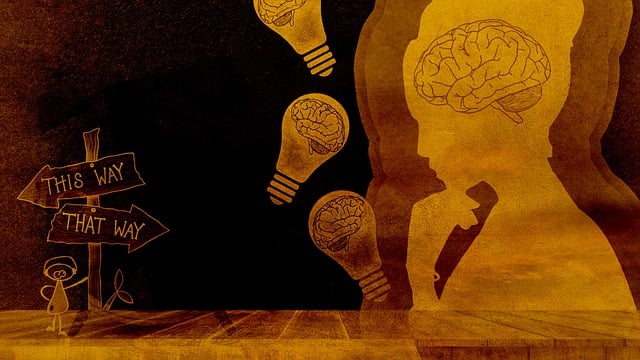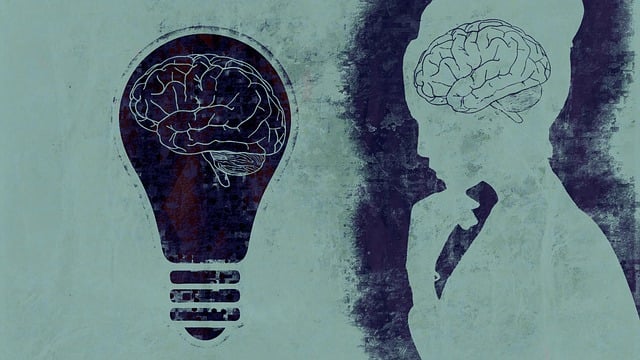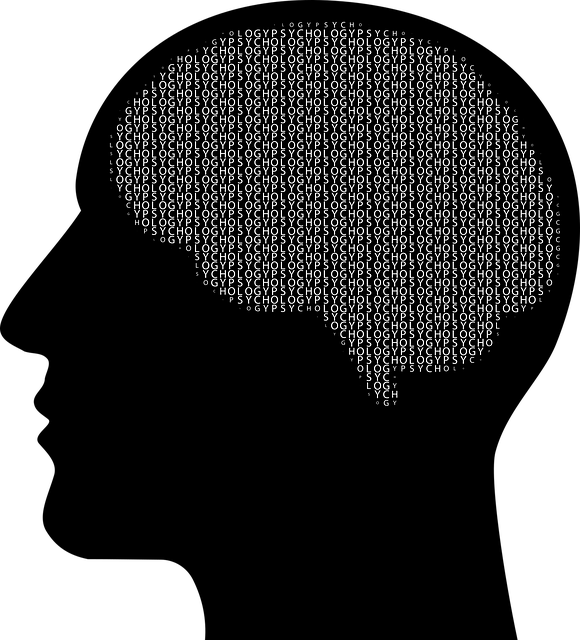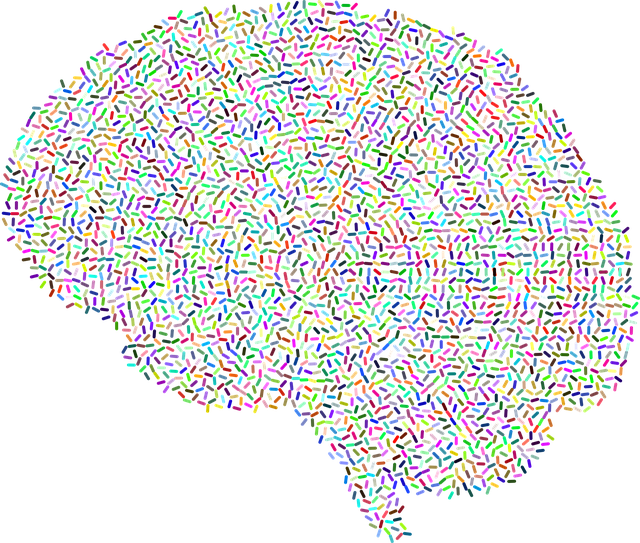Lafayette Online Therapy is revolutionizing mental healthcare through digital solutions, offering accessible resources and remote therapy sessions. By breaking geographical barriers, they improve access to top-tier services, especially for underserved communities. Their structured evaluation, personalized care, and community outreach programs enhance diagnostic accuracy and foster open communication. Integrating technology with therapeutic interventions, Lafayette Online Therapy focuses on building inner strength and cultural sensitivity, ensuring precise identification of mental health issues while respecting diverse backgrounds.
Mental illness diagnosis accuracy is a critical aspect of patient care, but it’s not without challenges. This article explores the complexities of diagnosing mental health conditions, highlighting the need for improved precision. We delve into the contribution of Lafayette Online Therapy in enhancing diagnostic practices and discuss innovative approaches to achieve greater accuracy. Additionally, cultural sensitivity and diversity in diagnosis are addressed, emphasizing their importance in providing effective, inclusive care.
- Understanding the Challenges of Mental Illness Diagnosis
- The Role of Lafayette Online Therapy in Enhancing Accuracy
- Innovative Approaches to Improve Diagnostic Accuracy
- Ensuring Cultural Sensitivity and Diversity in Diagnosis
Understanding the Challenges of Mental Illness Diagnosis

Diagnosing mental illnesses accurately is a complex task due to the diverse range of symptoms and their intersection with physical health conditions. The process often involves a intricate dance between patient self-report, clinical assessment, and specialized tests, each carrying its own limitations. For instance, individuals may struggle to articulate their feelings or experience stigma, leading to underreporting. Similarly, healthcare providers face challenges in distinguishing between different disorders, especially when co-occurring conditions are present. This complexity demands a multifaceted approach. Online therapy platforms like Lafayette Online Therapy offer accessible resources for those seeking support, providing a comfortable space for self-reflection and encouraging open communication with trained professionals.
Moreover, fostering an environment of positive thinking and compassion cultivation practices can enhance the diagnostic process. Mental Health Policy Analysis and Advocacy plays a crucial role in ensuring healthcare systems are equipped to handle these nuances, promoting early intervention, and improving long-term outcomes. By integrating evidence-based strategies, we can move towards more precise diagnoses, personalized treatment plans, and ultimately, better mental health care for all.
The Role of Lafayette Online Therapy in Enhancing Accuracy

Lafayette Online Therapy is playing a pivotal role in enhancing mental illness diagnosis accuracy through innovative approaches. By offering remote therapy sessions, it removes geographical barriers, making high-quality mental health services accessible to a broader audience, especially those in underserved communities. This digital shift not only expands access but also improves diagnosis reliability by providing a consistent and structured environment for evaluation and treatment.
The platform’s focus on personalized care and continuous support contributes to better patient outcomes. Features like mood tracking, medication management tools, and regular check-ins help patients take an active role in their mental health journey. Additionally, Lafayette Online Therapy’s community outreach program implementation fosters a sense of belonging and encourages open communication, further boosting confidence in seeking therapy and managing mood disorders effectively.
Innovative Approaches to Improve Diagnostic Accuracy

In today’s digital age, innovative tools are transforming mental health diagnosis and treatment. Online platforms like Lafayette Online Therapy offer accessible resources for individuals seeking support, providing a convenient and comfortable space to connect with therapists. This shift towards digital therapy has opened doors for more people to access care, but it also demands advanced diagnostic techniques to ensure accuracy.
Integrating technology with traditional practices, such as leveraging data analytics and artificial intelligence, can significantly enhance diagnosis reliability. For instance, risk assessment tools designed specifically for mental health professionals can identify subtle patterns in patient histories and symptoms, facilitating more precise diagnoses. Additionally, focusing on inner strength development through therapeutic interventions empowers individuals to manage their moods effectively. Such integrated approaches not only improve diagnostic accuracy but also contribute to the overall well-being of patients, making quality care more accessible through digital platforms like Lafayette Online Therapy.
Ensuring Cultural Sensitivity and Diversity in Diagnosis

In an increasingly diverse society, ensuring cultural sensitivity and equity in mental health diagnosis is paramount. Lafayette Online Therapy recognizes that cultural backgrounds significantly impact how individuals perceive and express their emotions, behaviors, and experiences. To provide accurate diagnoses, healthcare providers must be trained to recognize these variations and understand the nuances of different cultures. The implementation of a robust Community Outreach Program can foster open conversations about mental health within diverse communities, promoting trust and encouraging individuals to seek support.
Through Healthcare Provider Cultural Competency Training, professionals learn to avoid cultural biases that may lead to misdiagnoses or inadequate treatment plans. This training equips them with the skills to assess symptoms in a culturally sensitive manner, ensuring that every patient receives personalized care. Additionally, Lafayette Online Therapy promotes Coping Skills Development as an essential aspect of holistic therapy, empowering individuals from various backgrounds to navigate mental health challenges effectively while respecting their cultural identities.
Mental illness diagnosis accuracy is a multifaceted challenge that requires a combination of improved understanding, advanced technology, and cultural sensitivity. As highlighted by the discussions on Understanding the Challenges, The Role of Lafayette Online Therapy in Enhancing Accuracy, Innovative Approaches to Improve Diagnostic Accuracy, and Ensuring Cultural Sensitivity and Diversity in Diagnosis, there are promising pathways forward. By leveraging innovative tools like Lafayette Online Therapy and adopting inclusive practices, we can move towards more accurate and culturally responsive mental health care. These efforts will ultimately benefit individuals seeking support, fostering a healthier and more supportive society.














